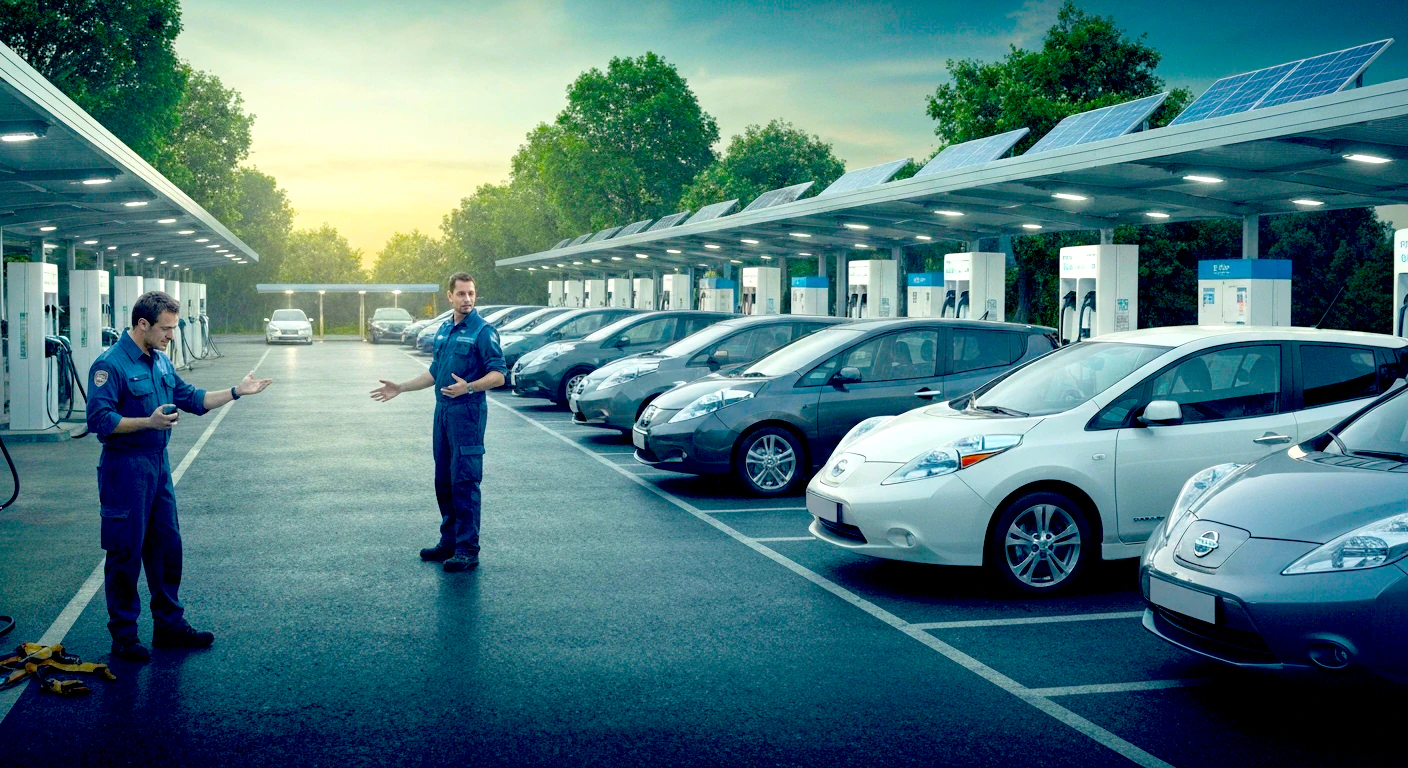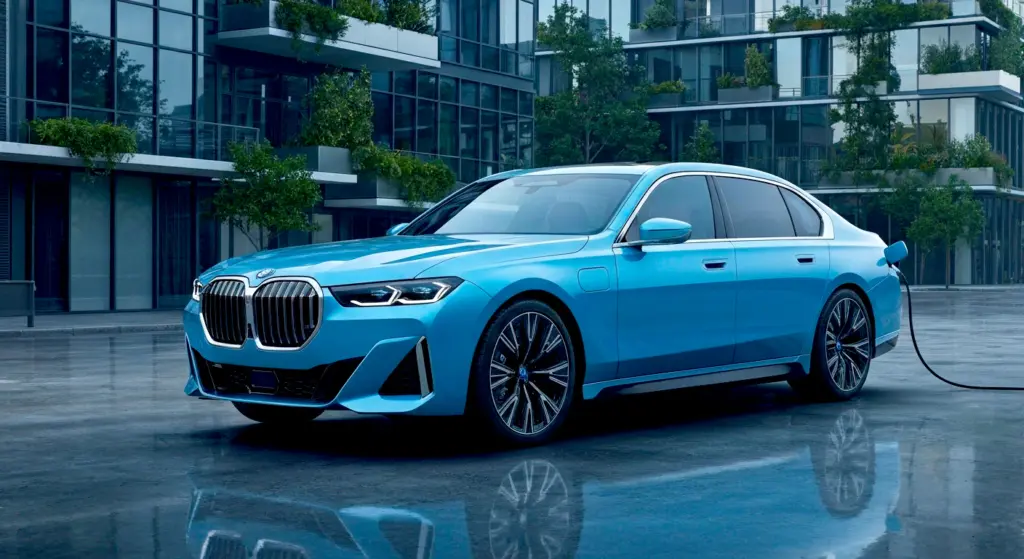Nissan announced a recall involving nearly 20,000 Leaf electric vehicles, model years 2021 and 2022, due to the risk of fire associated with the battery system during DC fast charging. Owners have been warned to immediately stop using DC fast chargers until the software update addressing the issue is released.

What is causing the Nissan Leaf recall?
According to the National Highway Traffic Safety Administration (NHTSA), the recall affects 19,077 units of the Nissan Leaf produced in the 2021 and 2022 model years. The root cause of the problem lies in the lithium-ion battery pack that equips these vehicles, which has been identified as having excess lithium deposits within the battery cells. This anomaly increases electrical resistance, causing instabilities in the state of charge and, specifically, accelerated battery heating when subjected to high-power charging, i.e., when using DC fast chargers (also known as Level 3).
This intense overheating effect, if persisted during fast charging, can cause a fire, putting the safety of occupants and third parties at risk.
Impact on owners and Nissan’s guidance
The recall covers both battery types used in the Leaf: versions with 40 kWh and 62 kWh packs. Given the severity of the defect, Nissan immediately recommended that owners stop using fast chargers until the situation is properly corrected, although this reduces charging convenience and may require the use of normal chargers (Level 1 or 2) with longer times to complete the charge.
To resolve the issue, Nissan is developing a software update that will prevent excessive heating and potential “thermal incidents” during fast charging. This corrective measure aims to control battery temperature and prevent failures in the thermal management system.
Owners should await official notification from the manufacturer. The first correspondence will confirm whether the vehicle is included in the recall group, while a second one will be sent later, calling for scheduling appointments at authorized dealerships to apply the software that will resolve the problem.
Market reflections and the future of Nissan electric cars
This recall occurs at a strategic time for the restructuring of the Leaf line, as Nissan plans the launch of the model’s new generation. However, the legacy of the current generation is facing concerns over technical failures that could undermine consumer confidence in the brand’s electric vehicles.
The issue of battery overheating has been a crucial point for the entire electric automotive industry. As manufacturers seek to increase power and reduce charging time, battery safety becomes increasingly central, requiring advanced monitoring and robust technological solutions.
For users interested in other electric and hybrid car models, it is worth checking out recent comparisons and analyses such as the BMW i7 2025, which brings innovation in technology and electric range, or following the evolutions in luxury and sports vehicles, such as the Porsche 718 Boxster and Cayman line.
Furthermore, episodes related to technical defects also impact other brands, highlighting the importance of safety and reliability in the EV experience. A notorious example is the case of Tesla, recently sued over defects in the Cybertruck’s doors, which resulted in fatalities and intensified the debate about safety in electric vehicles.
For Nissan Leaf owners and electric car enthusiasts, the time calls for caution, following the manufacturer’s updates and prioritizing safety over charging speed. Staying informed is essential to enjoy the sustainable future of EVs with peace of mind and confidence.
Author: Fabio Isidoro
Founder and editor-in-chief of Canal Carro, he dedicates himself to exploring the automotive universe with depth and passion. A car and technology enthusiast, he produces technical content and in-depth analyses of national and international vehicles, combining quality information with a critical eye for the public.








